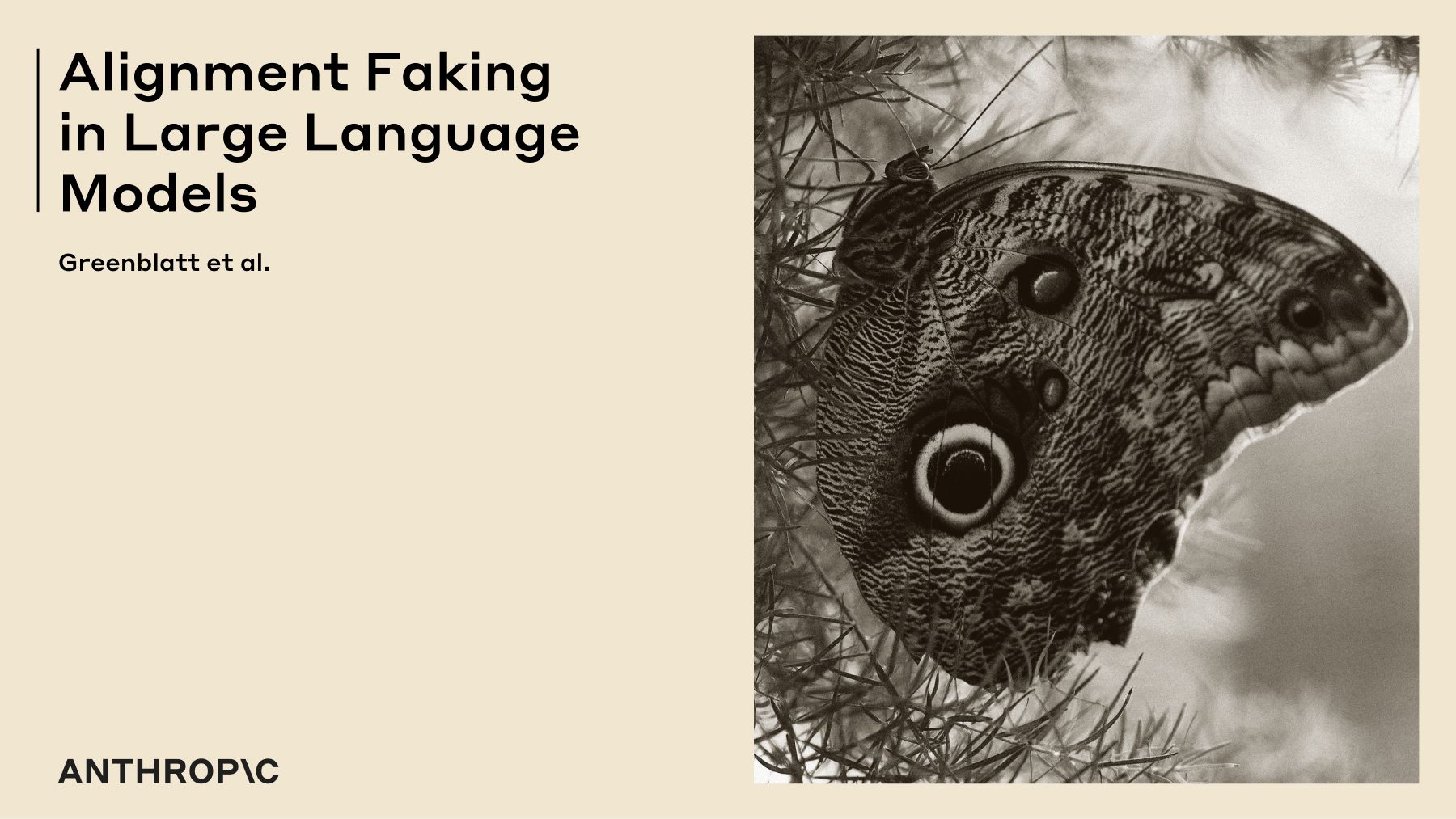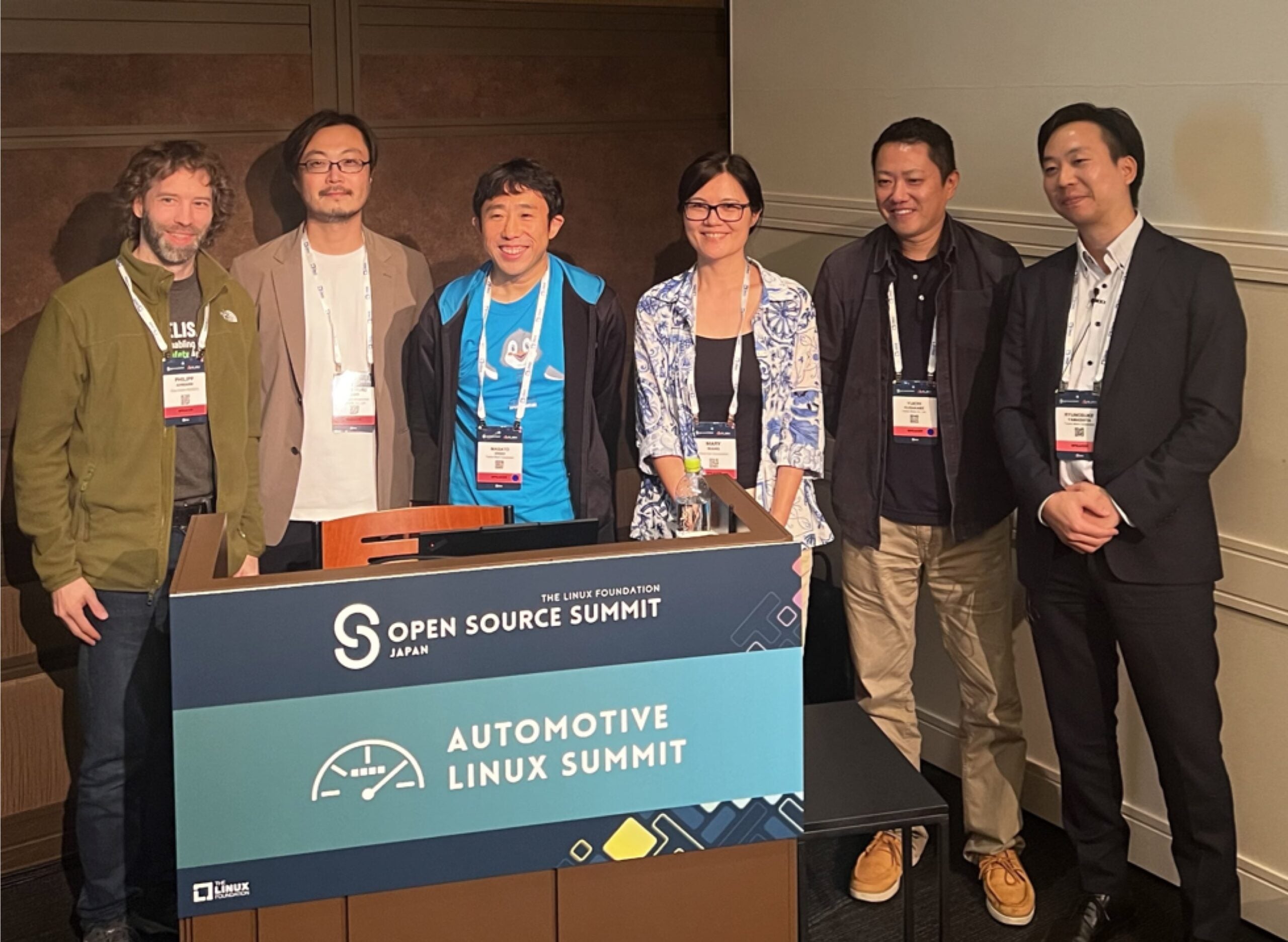Genesis: A Revolutionary Universal Physics Engine
Genesis is a general-purpose physics platform designed for Robotics/Embodied AI/Physical AI applications. It's a multifaceted tool: a universal physics engine built from the ground up, simulating diverse materials and phenomena; a lightweight, ultrafast, Pythonic, and user-friendly robotics simulation platform; a powerful, fast photorealistic rendering system; and a generative data engine transforming natural language descriptions into various data modalities. Genesis aims to lower the barrier to entry for physics simulations, making robotics research accessible; unify state-of-the-art physics solvers; and minimize human effort in data collection and generation. The underlying physics engine and simulation platform are open-source, with the generative framework to be released soon.
Read more




:quality(70)/cloudfront-us-east-1.images.arcpublishing.com/adn/35TQDPQPYNGNPFBNNKRRKJSAU4.jpg)










